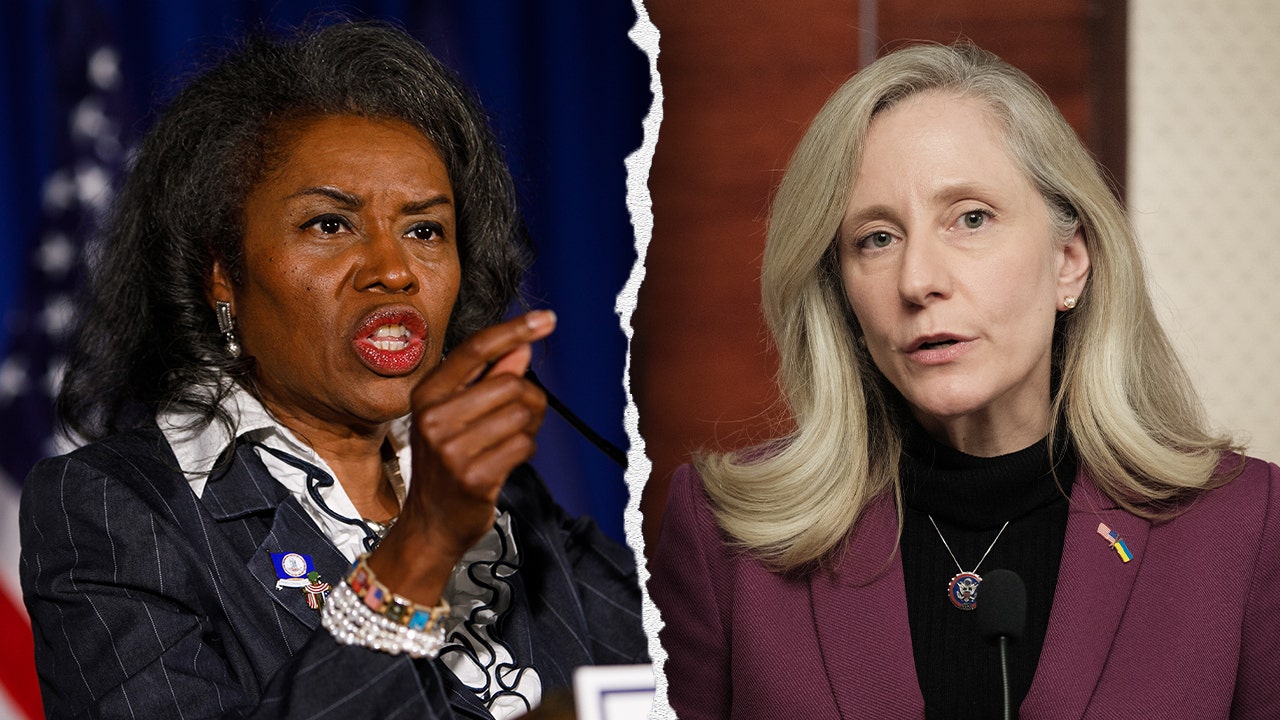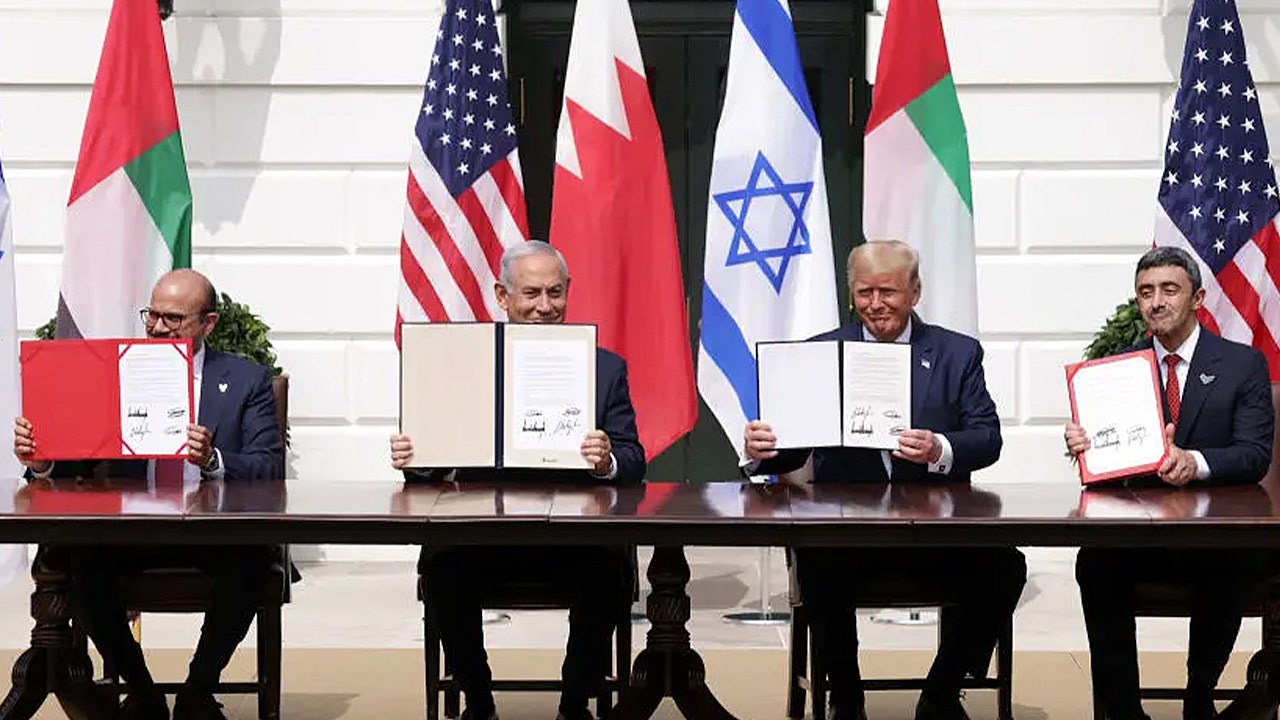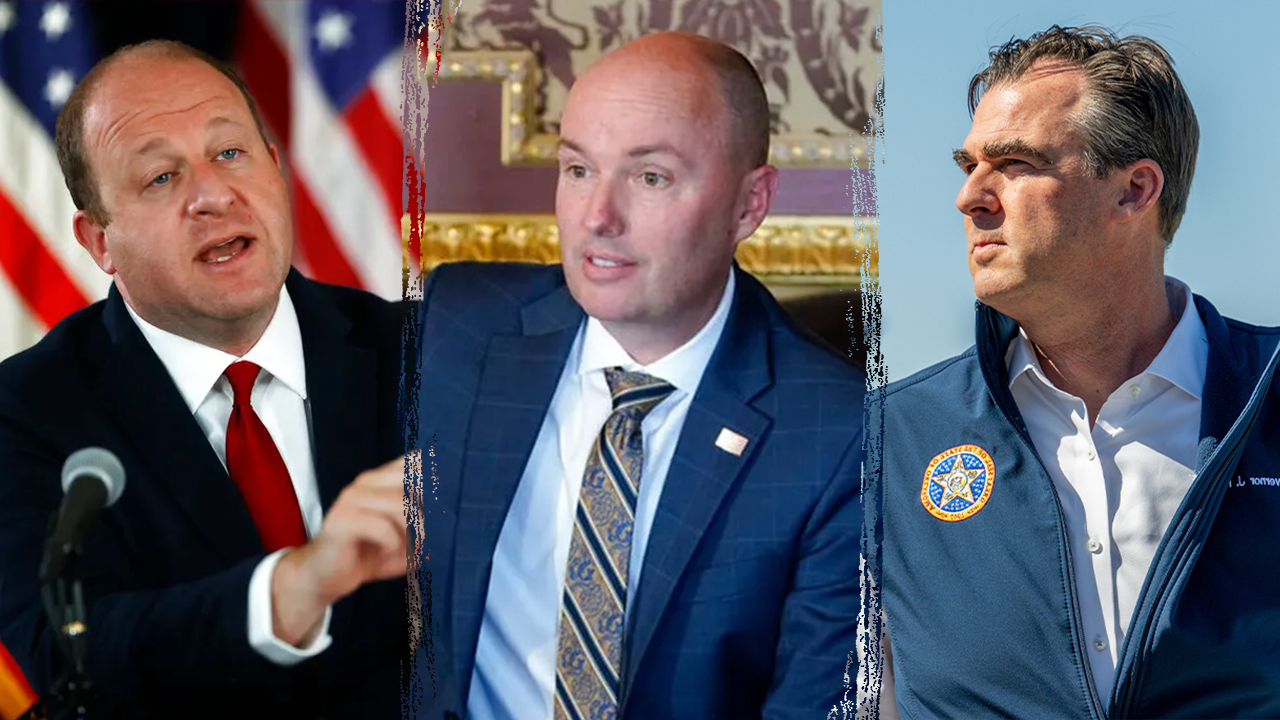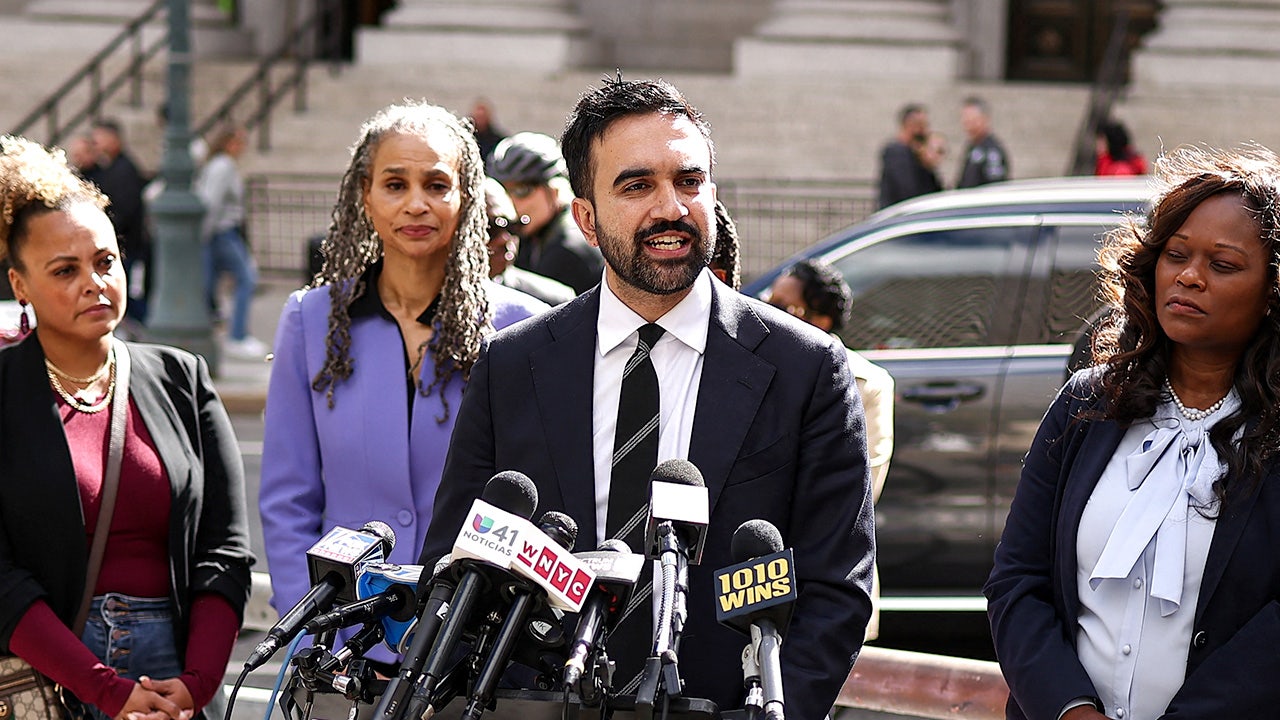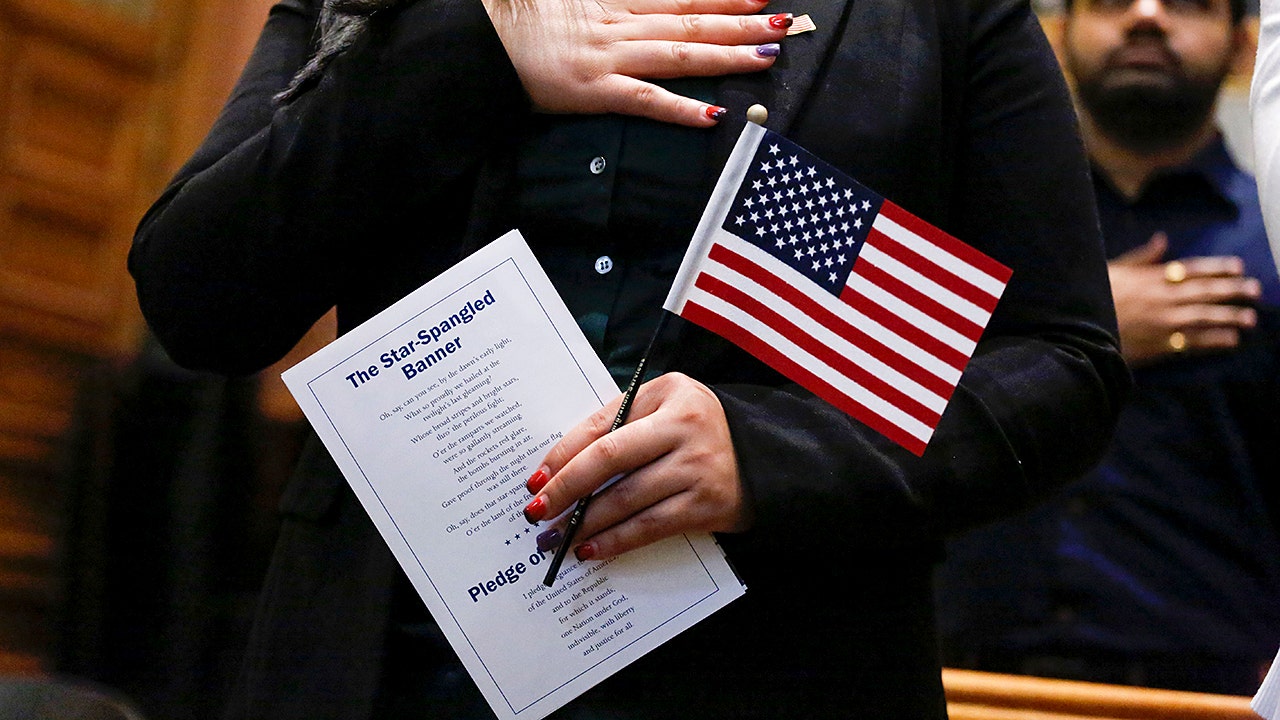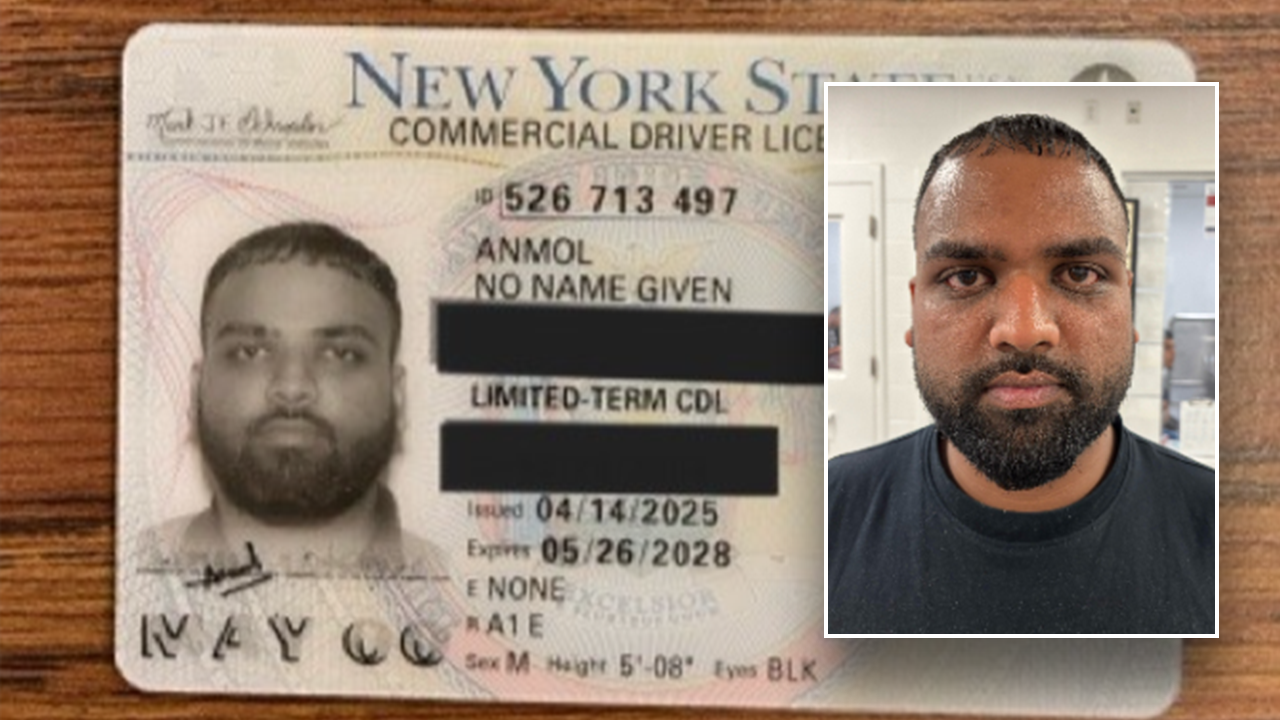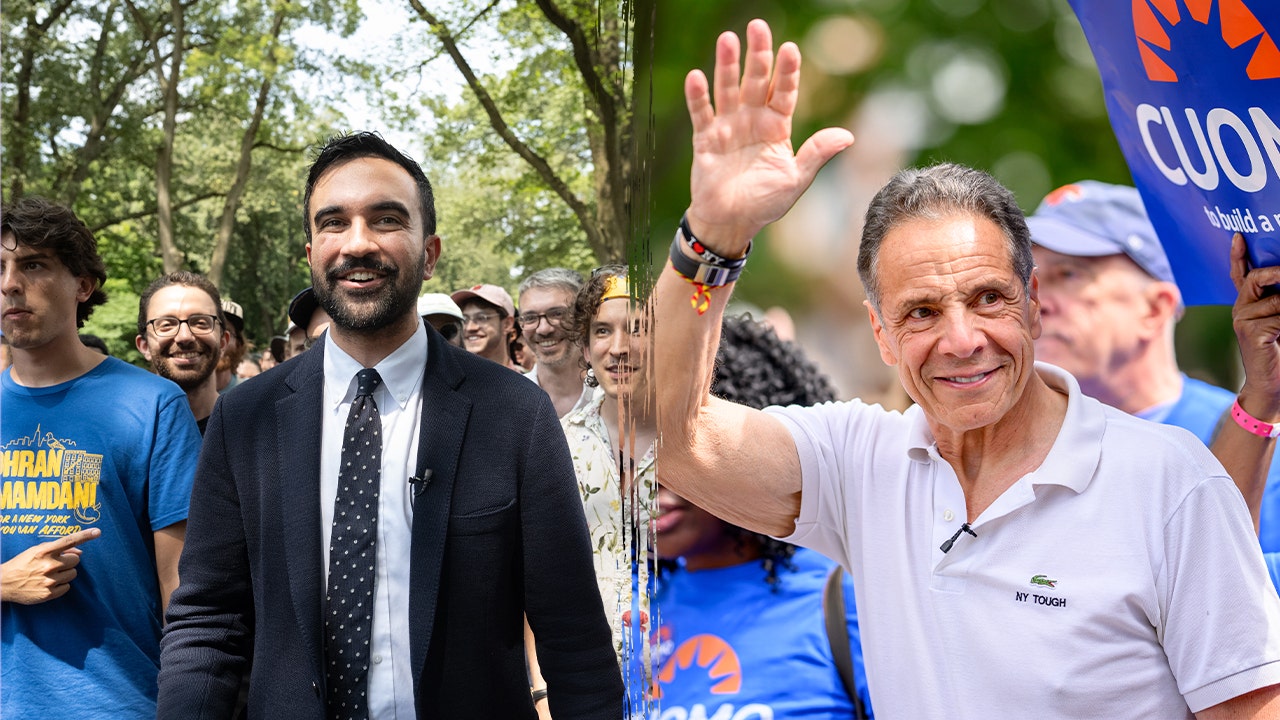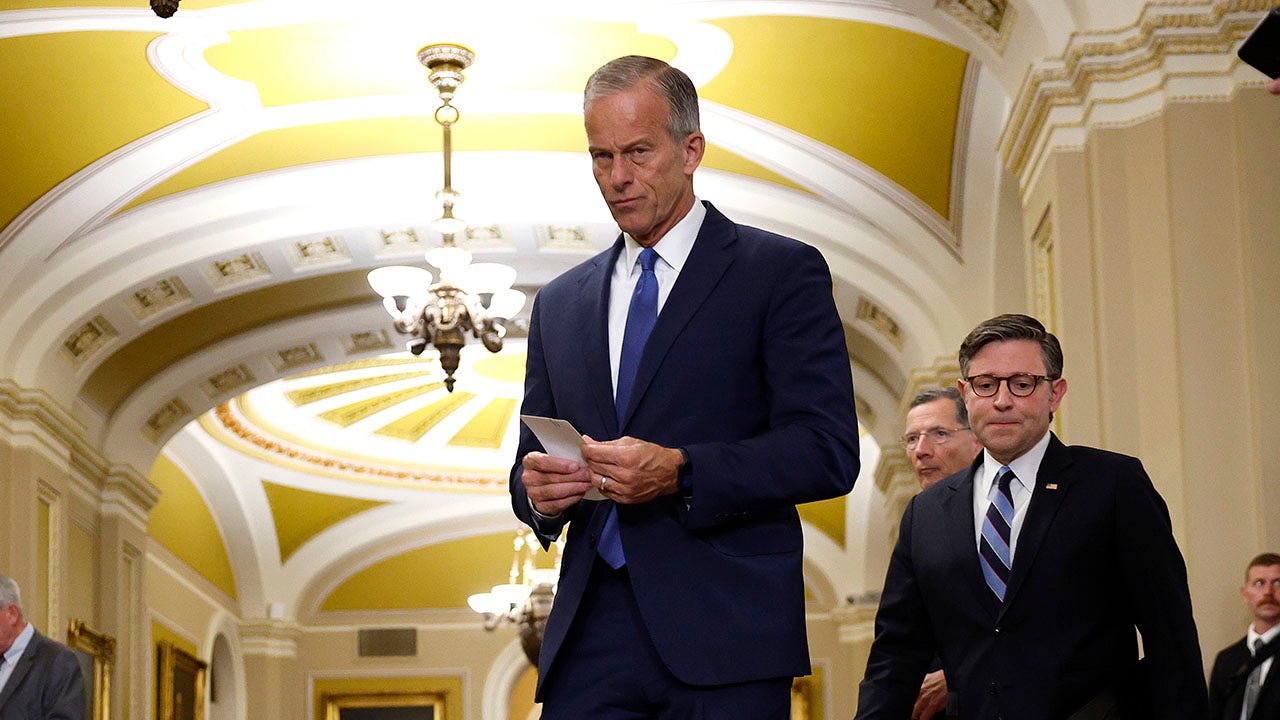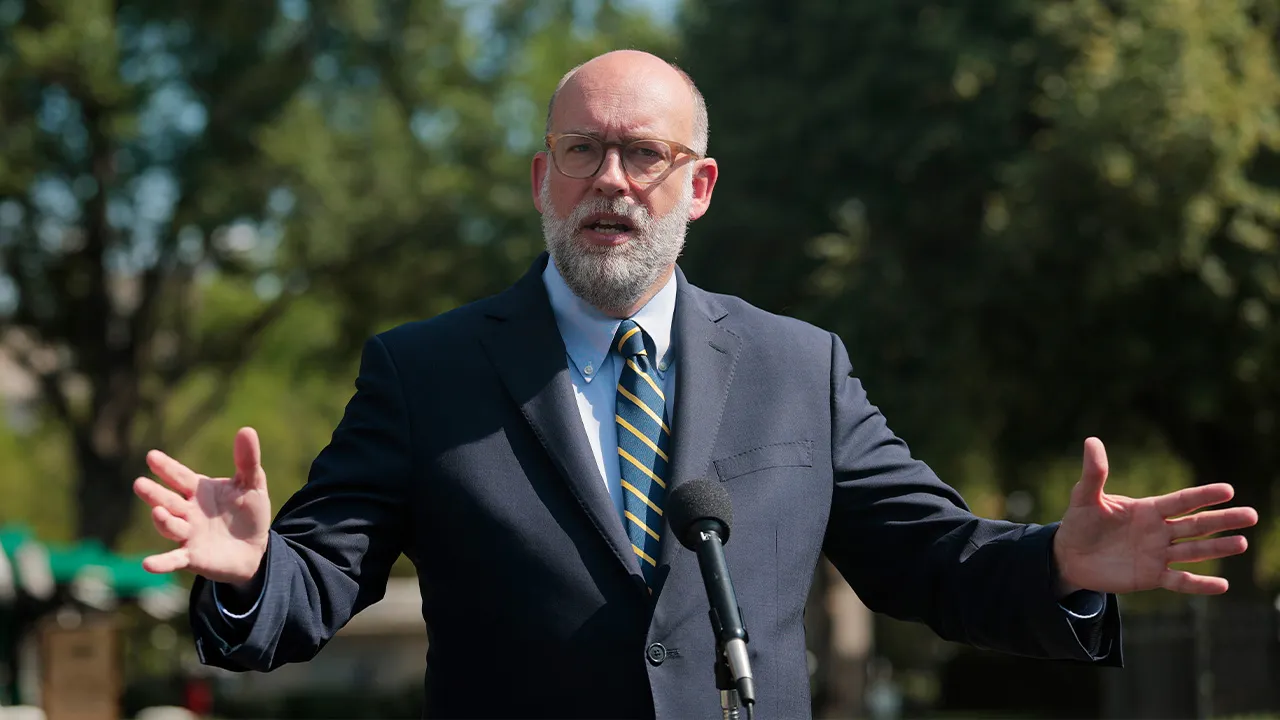NEWYou can now listen to Fox News articles!
Now that Israel and Hamas have agreed to a ceasefire and hostage deal, the White House is shifting focus to its next diplomatic goal: expanding the landmark Abraham Accords, which normalized relations between Israel and several Arab states.
“There’s a lot of positive momentum that will pick up,” a senior administration official told reporters Thursday evening after the deal was signed. “Hopefully this will lead to much better sentiment and the opportunity to expand the Abraham Accords — to really just change the tone in the region.”
During President Donald Trump’s first administration, the accords brought the United Arab Emirates, Bahrain, Sudan, and Morocco into normal relations with Israel. Saudi Arabia had been next on the list.
“We passed on to the Biden administration that Saudi was ready to go if they engaged,” said the official. “A deal could have been done in six months. We outlined the parameters of their interests and wished them luck. But they didn’t focus on that for a couple of years. Then a lot happened in the region — October 7 and the war in Gaza created a black cloud and shifted sentiment. The mood today is certainly better than it was even a few days ago.”
TRUMP’S LANDMARK DEAL IS THE REAL KEY TO PEACE IN THE MIDDLE EAST
An official pointed to a range of countries that could be next in line for normalization. “I think there’s a lot of opportunity to get back to work on Saudi-Israel normalization, and on Indonesia-Israel,” the official said. “We were talking with Mauritania last time. You’ve got Algeria, Syria, Lebanon. There’s a whole host of countries — and now there are more formal relations with Qatar. We’re going to start that trilateral mechanism very soon.”
Israel began drawing down its troop presence in Gaza on Friday under phase one of the agreement but will continue to occupy roughly 53% of the territory until the next phase. Hamas has 72 hours to release the remaining hostages, living and dead.
Roughly 200 U.S. troops already stationed in the Middle East will be sent to Israel to oversee the ceasefire and ensure humanitarian aid flows into Gaza. White House press secretary Karoline Leavitt emphasized “Up to 200 U.S. personnel, who are already stationed at CENTCOM, will be tasked with monitoring the peace agreement in Israel, and they will work with other international forces on the ground.”
TRUMP TEASES TRIP TO THE MIDDLE EAST AS GAZA PEACE DEAL TALKS CONTINUE

Saudi Arabia has long insisted that normalization with Israel must be tied to tangible progress toward Palestinian statehood — though that condition has never been clearly defined. The kingdom is also seeking a formal U.S. defense assurance as part of any broader regional deal.
The U.S.-brokered 20-point ceasefire proposal stops short of guaranteeing Palestinian statehood but suggests that, as Gaza reconstruction proceeds and the Palestinian Authority reasserts control in the enclave, “the conditions may finally be in place for a credible pathway to Palestinian self-determination and statehood, which we recognize as the aspiration of the Palestinian people.”
An administration official acknowledged that the agreement remains fragile and that deep mistrust persists between Israel, Hamas and other Arab governments.
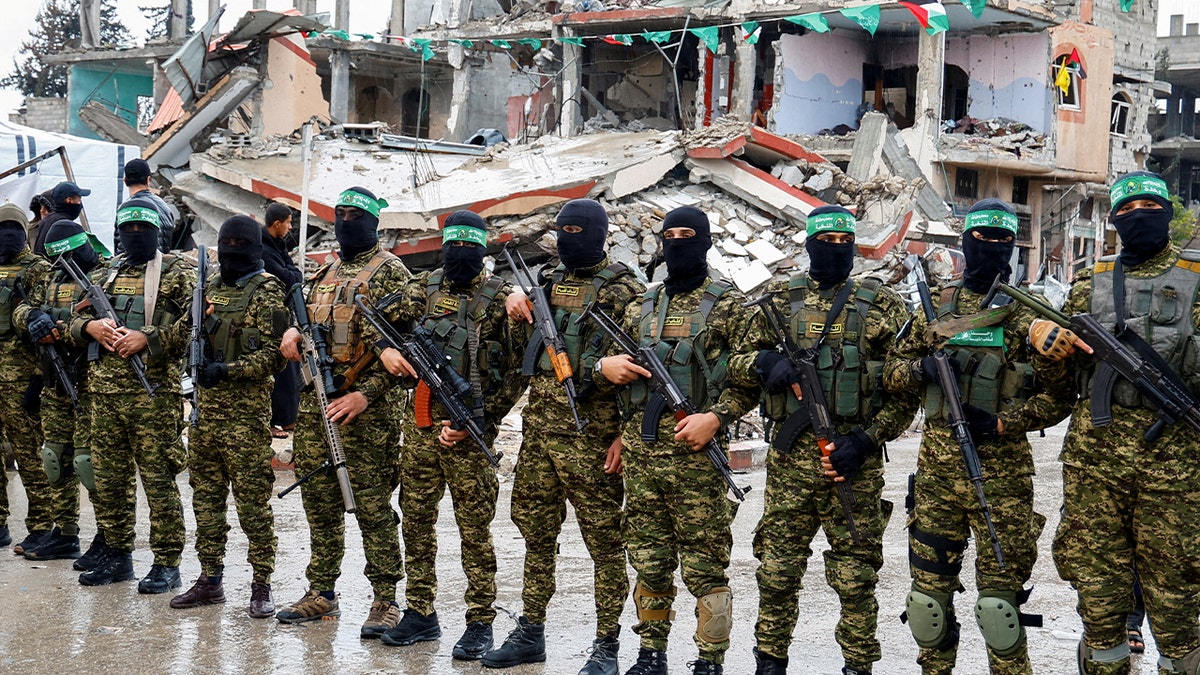
“It was important for [Trump] to send another message to the Arab mediators — and through them to Hamas,” the official said. “He wanted them to know he was standing behind every principle and aspect of the Trump 20-point plan for peace, guaranteeing that everyone involved would act in good faith and keep their commitments.”
“There’s just a lot of mistrust between the Israelis and Hamas, and also among some of the other Arab governments,” the official added. “For all the obvious reasons.”
Read the full article here





